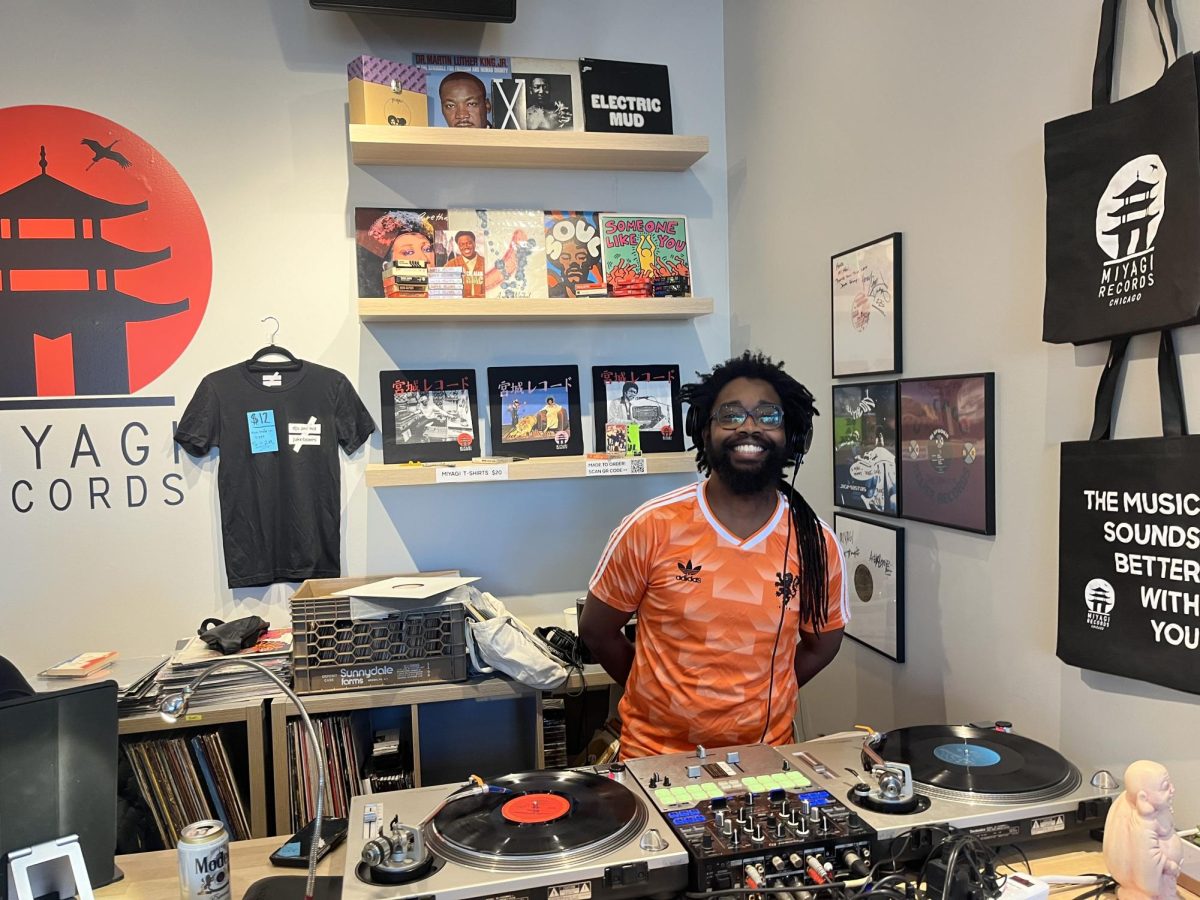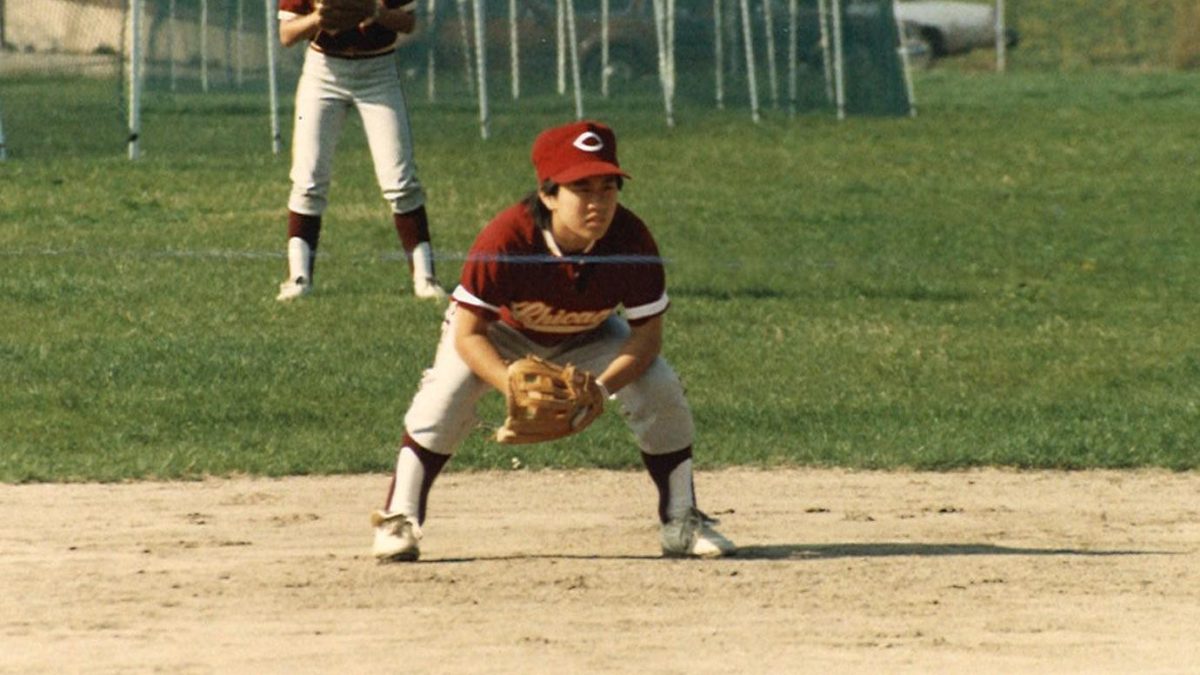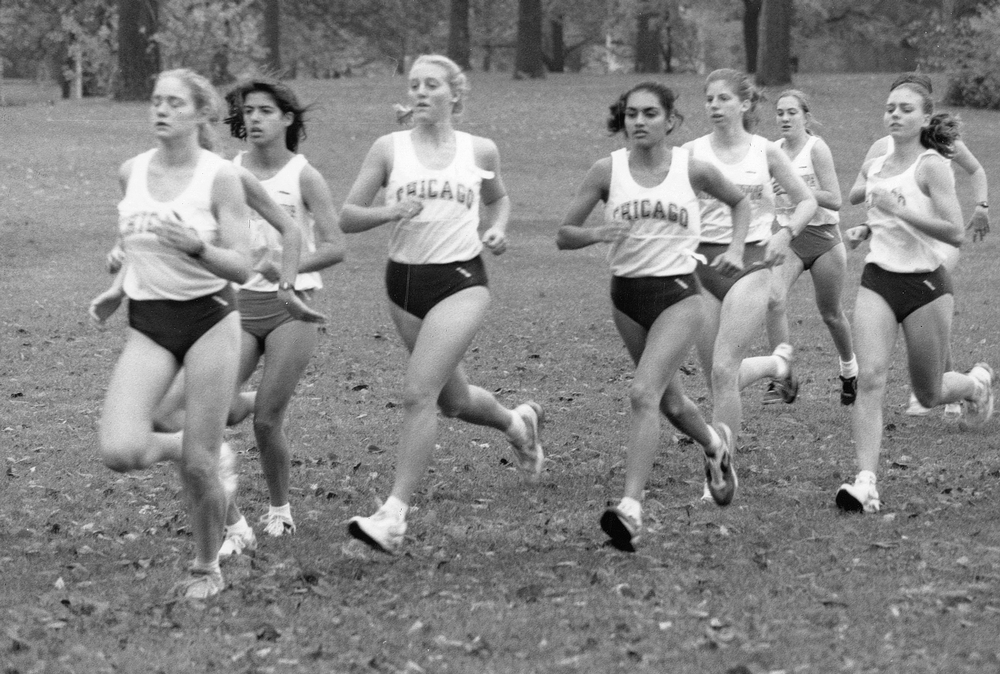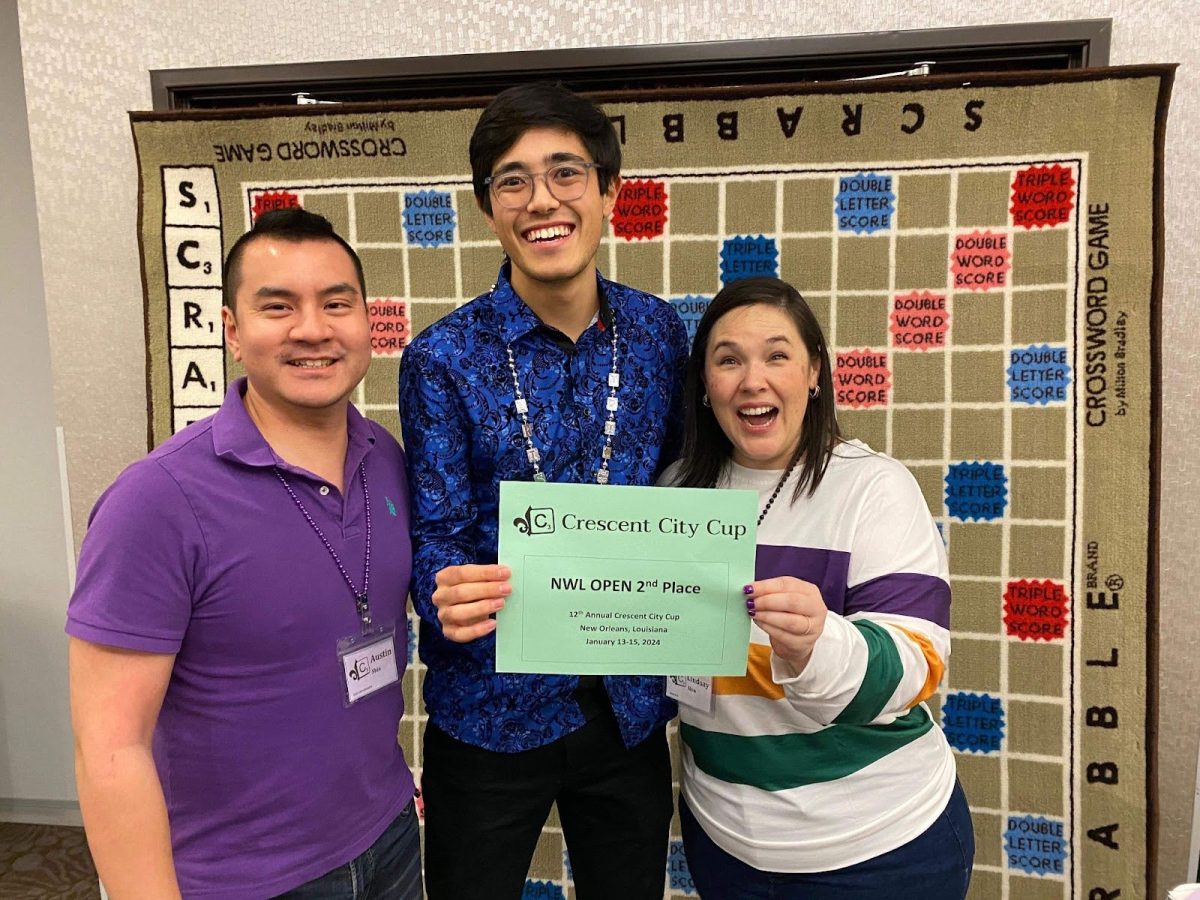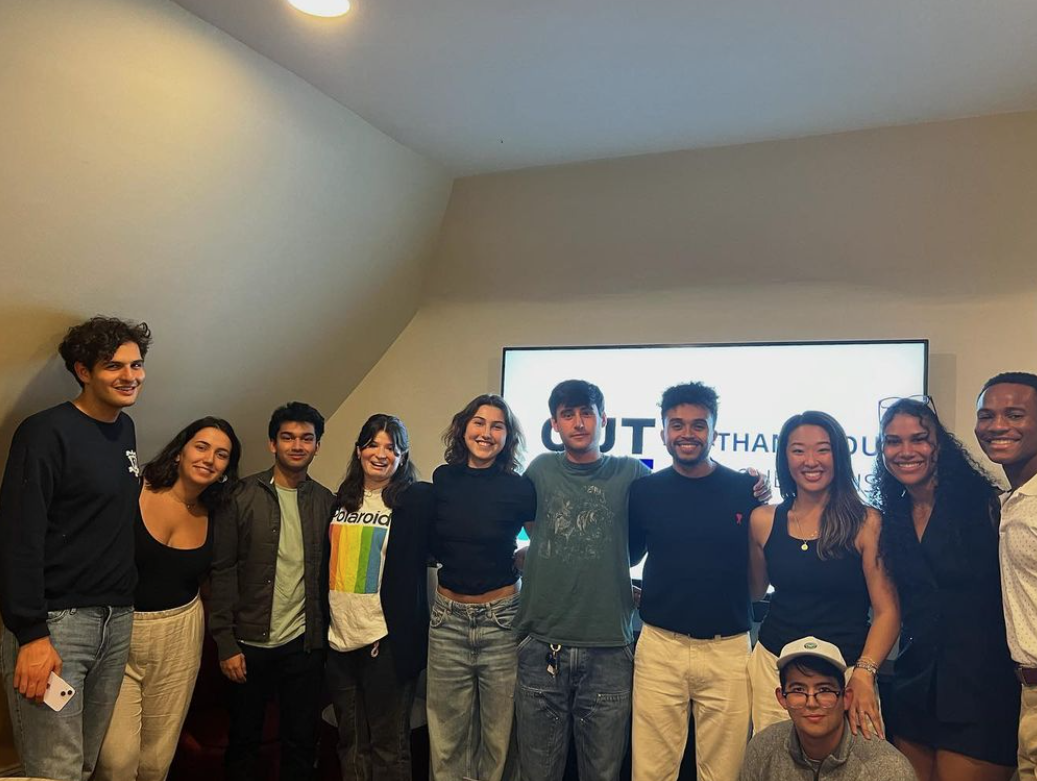Over the past few months, there has been a lot of talk about the Major League Baseball players’ strike, and I really don’t think this has been properly explained. A lot has been said, by both factions, which might not be true. In the face of all this, I offer a story from my childhood, which, if I’m not mistaken, parallels the present labor situation quite nicely. Let me recount this little yarn, and I will leave the readers to draw their own conclusions about baseball’s problem:
I grew up in a household where we really liked lemonade. My parents loved me, and they taught me how to grow lemons in my own backyard. When I was nine years old I finally squeezed those lemons on my kitchen juicer (that really hurt my wrist quite a bit), threw some sugar into a pitcher with the juice from my lemons, added water and ice and set up a lemonade stand on my sidewalk.
Sympathetic neighbors started coming by, putting ten pennies in my paper cup, patting me on the head, and drinking lemonade from a second paper cup. I made some scratch. Five bucks, maybe. And I had something good going. Sure, there were some other kids on their parents’ stoops with similar gigs, but it made for a nice competition. I used to hang out on the street corner and brag that my stuff was better.
Fast forward a couple of weeks. A very large, self-assured 72-year-old kid (Bruno) comes over, gives my mom 200 bucks, walks away carrying every lemon I’ve got, and uses a giant compactor truck to squash 450 lemons at once, making 73 pitchers of lemonade that tastes way, way better than the acidic swill I had been squeezing on my kitchen juicer. Where are my sympathetic neighbors now? They’re enjoying some real lemonade at 12 pennies per cup. And in a week or so, all because my 72-year-old competitor had more startup cash, Bruno is raking in about 112 times as much money as I ever made.
You can already see that my plight compares neatly with that of the Tampa Bay Devil Rays’ owner, and Bruno, now that I think of it, was a lot like Yankees owner George Steinbrenner.
What always seemed strange to me was that there was an old, weird-looking guy living a few blocks away who decided, one year, that he was going to impose an economically weighted superstructure on our informal lemonade contest. I don’t suppose I understood it very well at the time, but I was willing to let it go, and we played by the old weird guy’s rules. To wit: if I sell more lemonade than my competitor, I get some kind of award, like a medal or a trophy maybe. And the local gazette reports on how the competition is going every morning, so that after I’ve lost for 12 days in a row, headlines like “Small lemonade stand breaks new record for futility” start appearing. And when I get mad at my mom for selling my lemon tree to the Yankees-I mean the 72-year-old kid-my sales start to suffer. Internal turmoil. Mom isn’t mixing the sugar ratio right anymore. Her heart isn’t in it. And I start to get really upset about it. I yell at mom for selling the damn lemon tree. She says she was trying to finance her Broadway show, and I say, “Mom, look what you did to my lemonade stand. And honestly, mom, your show really wasn’t all that good.”
And then my mom becomes famous for being The Woman Who Sold the Tree, and I start to look at that one business gaffe as some kind of dark cloud, some kind of spell, some kind of curse on my whole lemonade operation, and I give it a name, like, “The Curse of the LemBino.” Or something. Oh, just let it slide.
Now, after painstakingly nurturing a new tree, I get together with some other neighborhood kids who also operate lemonade stands in the shadow of this lemon-compacting giant that has won the Neighborhood Lemonade Trophy for 75 billion consecutive years. We get to talking. We see that there is strength in numbers. And finally somebody says: “Look, it’s not fair for the big, scary pinstripe-wearing lemon juggernaut to steal our best lemons and then use them to deprive us of the lemonade trophy 75 billion years in a row. We should get some of their profits, so that this lemonade competition doesn’t look like a puppet show.” And it actually sounds like a good idea.
So my buddies and I head over to the arbiter of this whole lemonade contest, and I explain to him that I have a proposal and that in the interest of parity in the Neighborhood Lemonade League (NLL) he should implement it.
Here’s where it gets crazy. I have come up with a good proposal. I want this to be fun again. I even get Bruno (who, it must be stressed is still the bad guy) to admit that the spirit of the competition is the key to all lemonade sales and that he should share his money with us kids in the interest of a legitimate contest. I’m ready to move with this.
But what about the four- and five-year-old kids I hired to help me sell lemonade? They are a bunch of hotshots. They have lemon-squeezing talent and they know it. And even though a lot of them have moved up to the big time with Bruno, I still have some legitimate talents. And, they point out, they are the ones really making the lemonade at this point. I’m nothing but an owner now. And it’s their wrists that get injured. They need insurance. Security. What if that wrist breaks in a horrendous lemon-squeezing accident? Where do they have to turn? I can always hire new help. They need the money. For their families. They didn’t all come from quaint, lemon-tree-sporting homes, you know!
If I start sharing revenue with the big kids, my workers lose their chance to make the attractive money. The mean salary goes way down, and that means that the real lemon-talents won’t get their prime time salaries. Nope. Neither my super-powerful competitor nor I will be able to afford paying that kind of money. And my workers need that money. They have rent to pay. Alimony. Child support. Their kids eat. Do you think they squeeze these lemons for fun? For the thrill of winning the NLL Championship? You’re a punk.
For years, I ignored the whims of my workers, always figuring that I could replace them if they were unhappy. But a number of years ago, they got it together and formed a union. Now, they have power. Now, they will be heard. If they all quit at once, I can’t replace them. Besides, how many people do I really think buy my lemonade just because they love lemonade? Wishful thinking, friend. They come for that unique service. The service they get from these workers and these workers only. Replacements just won’t compare. They know it. I know it. Everybody knows it.
Yet I continue to defend my revenue-sharing proposal, for the good of the competition, and, I admit, so that I can have a chance at the honor of the NLL Championship. And the lemon workers just won’t stand for it any longer. They don’t want to do this, but I am leaving them no other choice. If they want that money, they need to take action. But what kind? They know that the lemonade competition suffered a serious blow after the strike-shortened season of ’94, and I can’t afford to let them walk away again. I’d better negotiate, or I’m going to lose the whole damn lemon tree again.
So that’s my story. I won’t say how it ended, but I think it shows, roughly speaking, why the players are going on strike in August. It also shows why, in a very, very indirect and biased way, the strike is really George Steinbrenner’s fault.





